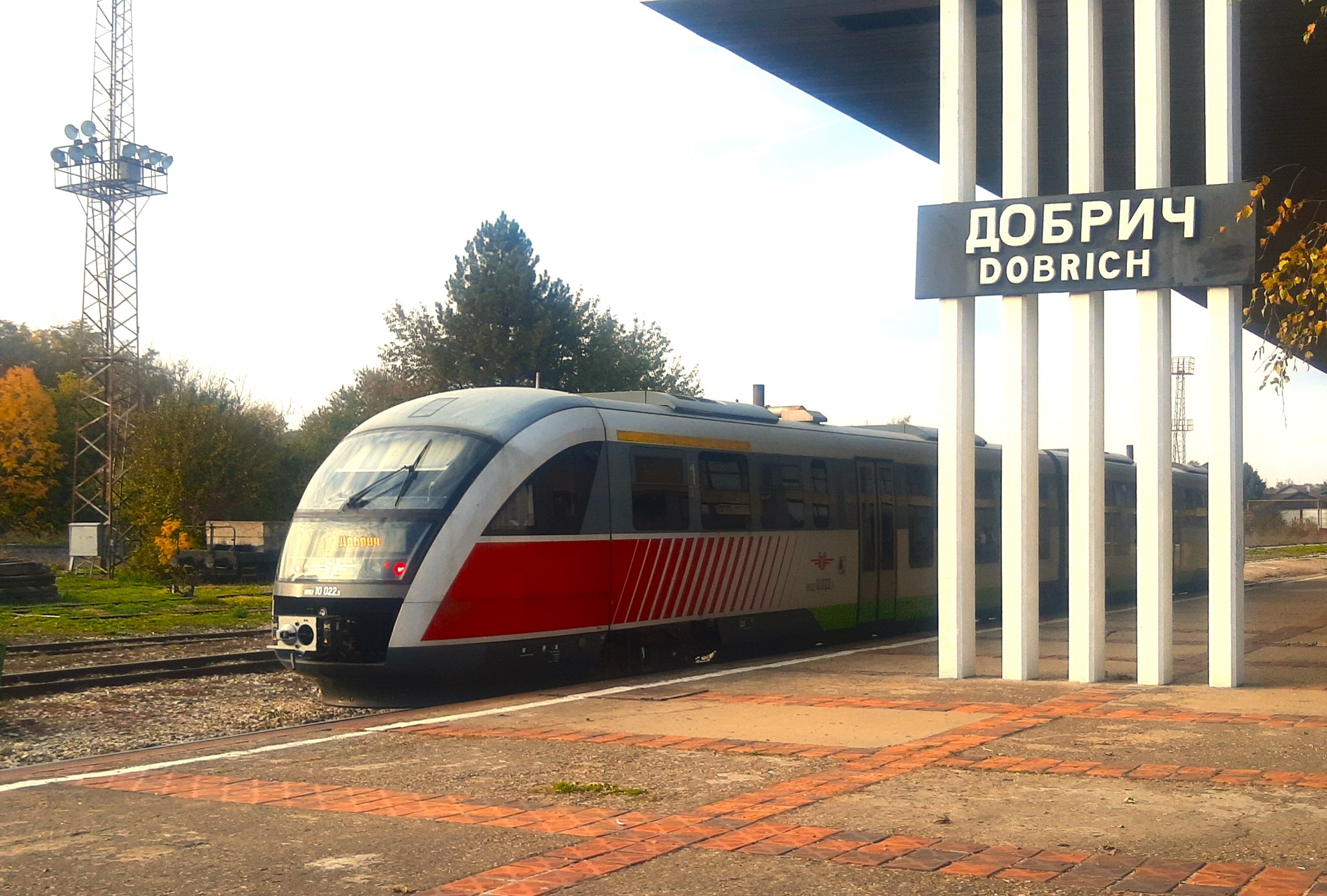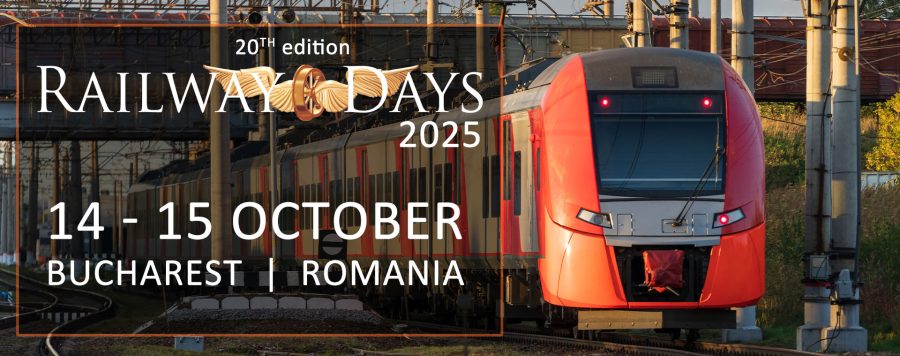Bulgaria’s Ministry of Transport and Communications started public consultation on the conditions for awarding contracts for passenger rail services.

The proposal involves creating two regions where candidates will compete to become regional operators, while a third region will be allocated to applicants with demonstrable experience in the rail sector. “In this way, we will initiate genuine competition in the rail sector. It is no coincidence that we chose this conservative approach, as it gives us the assurance that the operation of Bulgaria’s rail transport will remain in safe hands,” the Minister of Transport, Grozdan Karadjov, said during a meeting with representatives of trade unions on June 9, 2025.
The contracts for operating passenger rail services would run for a period of 12 years. Rolling stock, comprising coaches, locomotives, and multiple units procured by the state since 2009, will be distributed among operators in proportion to the level of service they provide.
With regard to rolling stock maintenance, the Ministry is proposing the creation of a separate entity to assume responsibility for all repair operations currently carried out by the national rail operator, BDZ. This new company would offer maintenance and repair services to all rail operators on an equal and non-discriminatory basis. Discussions concerning the restructuring of these maintenance functions, including terms and conditions, will be held with trade unions in the coming period.

It is worth noting that BDZ is currently progressing with its rolling stock renewal programme. As part of this initiative, the company is procuring 20 EMUs from Škoda under a EUR 256 million contract, which also covers a 15-year maintenance agreement.
In April, the Bulgarian government awarded a EUR 720 million contract to the BULEMU consortium for the supply of 35 Coradia Stream interregional electric trains, which similarly includes 15 years of maintenance support
To ensure full protection of workers’ rights, the Minister announced that a requirement will be introduced mandating the retention of all staff once the new contracts come into force. The existing collective labour agreement will remain in effect throughout the duration of the contracts. In line with current legislation under the Labour Code, employment relationships with staff employed by the current operator will be maintained and transferred to the incoming public rail service providers.
Share on:



